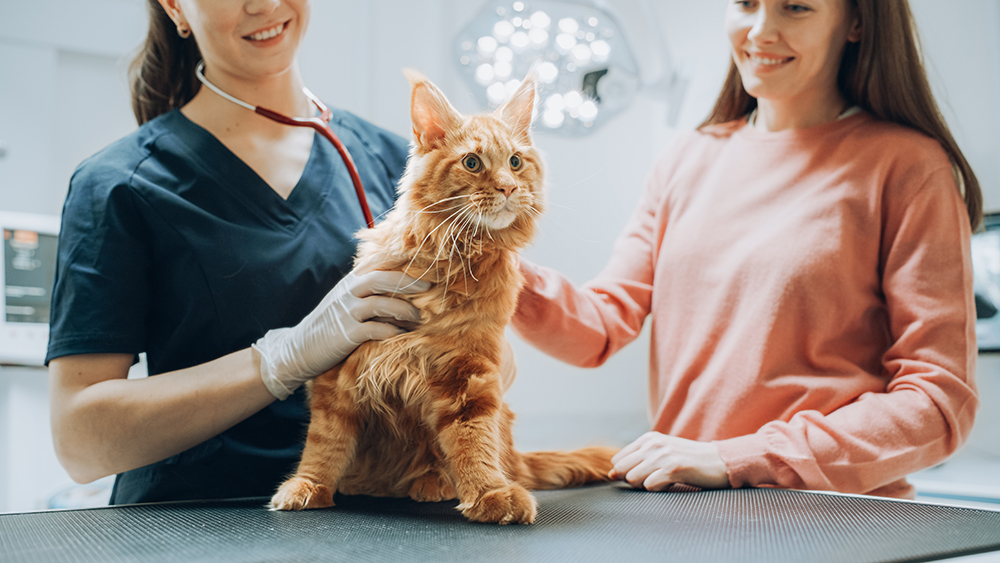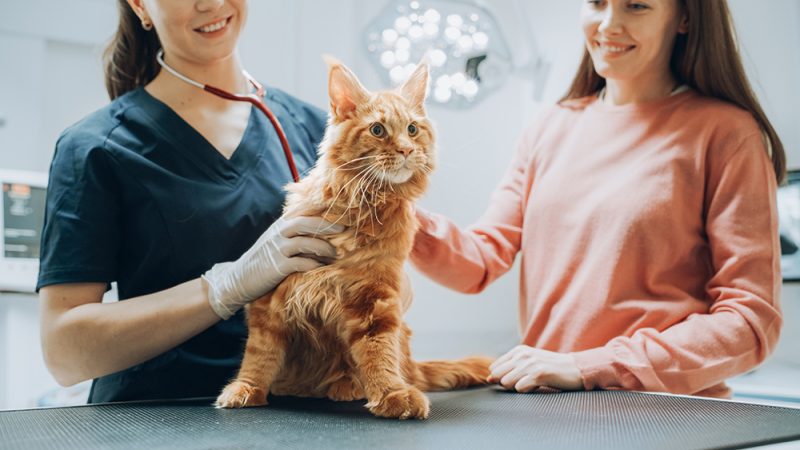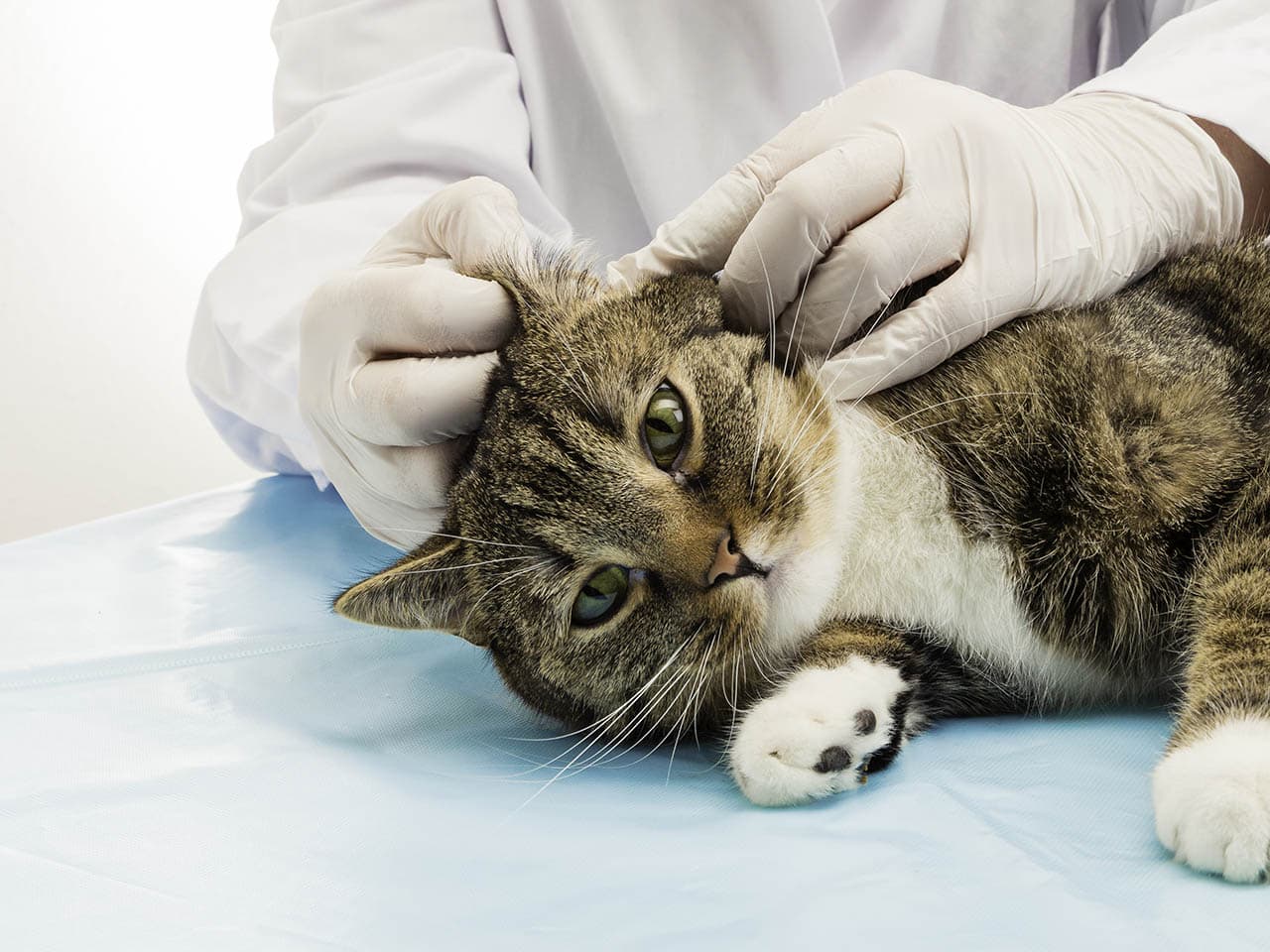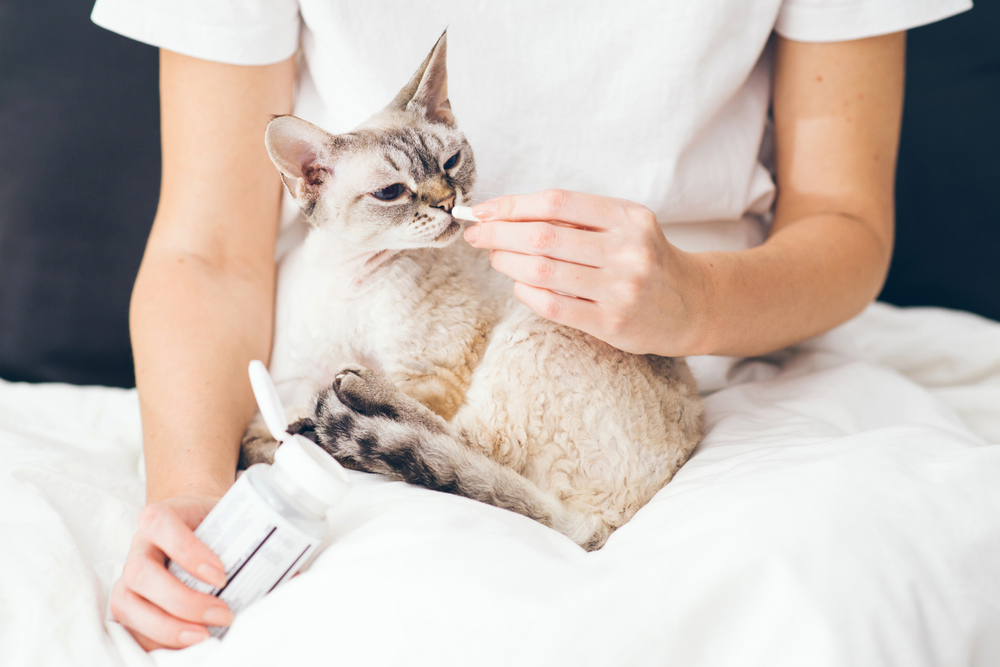Cats have an innate ability to hide when they are sick and/or injured until the situation has become severe. In addition, because many cats are often not as social as dogs, and owners may not see them as much, minor abnormalities and/or personality changes may not be easily noticeable. Oftentimes you can make an appointment with your regular veterinarian if you notice your cat seems off or isn’t themselves. But there are a few instances where waiting is never recommended. In this article we will discuss the 6 reasons why you should take your cat to the nearest emergency vet, and signs that what is going on is urgent.
The 6 Signs You Should Take Your Cat to an Emergency Vet
1. Inability to Urinate
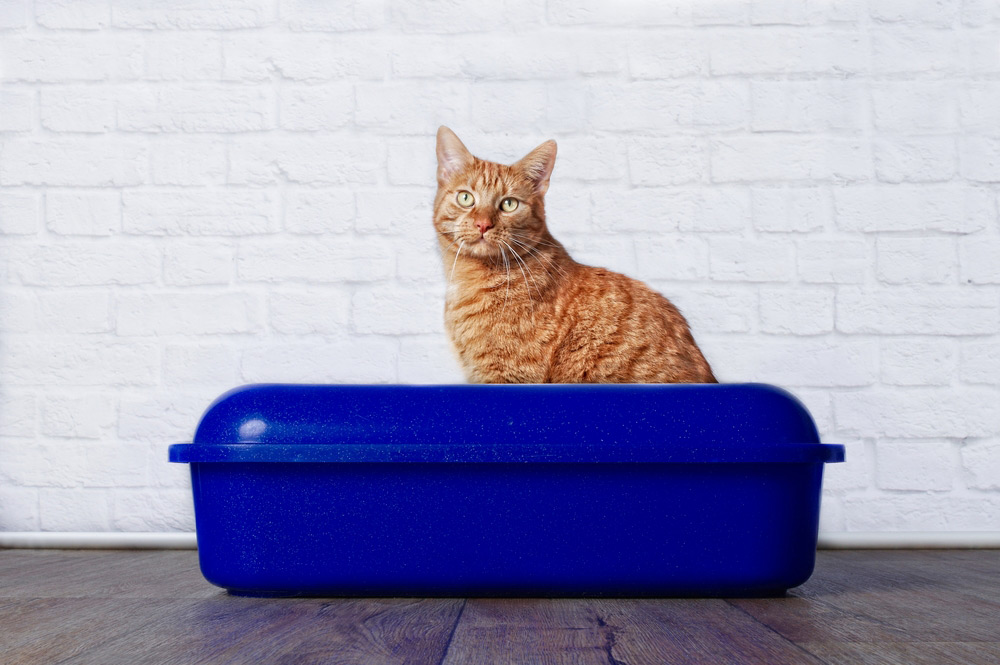
This refers to both female and male cats but is much more common in male cats. It’s important to regularly clean and monitor all litter boxes in the house so that you can notice more easily when something seems different.
Often you will notice your male cat going in and out of the litter box, squatting, vocalizing, and trying to urinate over and over again. When you check the litter box, there may only be a few drops of urine, blood, or nothing at all. Your male cat may also walk as if their abdomen hurts, with a wide-based stance to their back legs. They are often obsessively licking themselves, howling and acting painfully.
If you notice your cat doing this, and you realize there has not been any or very little urine in the box for the day, you need to seek veterinary care immediately. If and when an animal is unable to urinate, the condition will be fatal if left untreated. The sooner you get your cat to a veterinarian, the sooner they can be treated. The longer your cat is left untreated, the sicker and more serious the situation becomes, with euthanasia and/or natural death being the progression.
2. Panting / Open-mouth Breathing / Difficulty Breathing
It is never normal for a cat to breathe with their mouth open and/or pant. While this is a normal behavior in dogs, especially after playing or when it is warm out, cats never breathe like this unless they are in distress.
You may notice your cat panting like a dog and/or struggling to breathe. Take notice of your cat when they are at rest. You may notice your cat’s chest moving easily with each breath. If you all of a sudden notice an “abdominal component” to your cat’s breathing, they are stretching their neck out as if trying to take a breath, or they are sitting/standing with their front legs wide to try to make their chest bigger – these are all abnormal.
Always. If your cat is breathing like this at any time, they need to be seen by a veterinarian as soon as possible. Some people may think that their cat is breathing like this because they just got done running around the house and/or playing. But keep in mind that it is never normal for a cat to pant, even after playing. Any time your cat exhibits any of the above behaviors, they need to be seen by a veterinarian ASAP.
3. Seizures
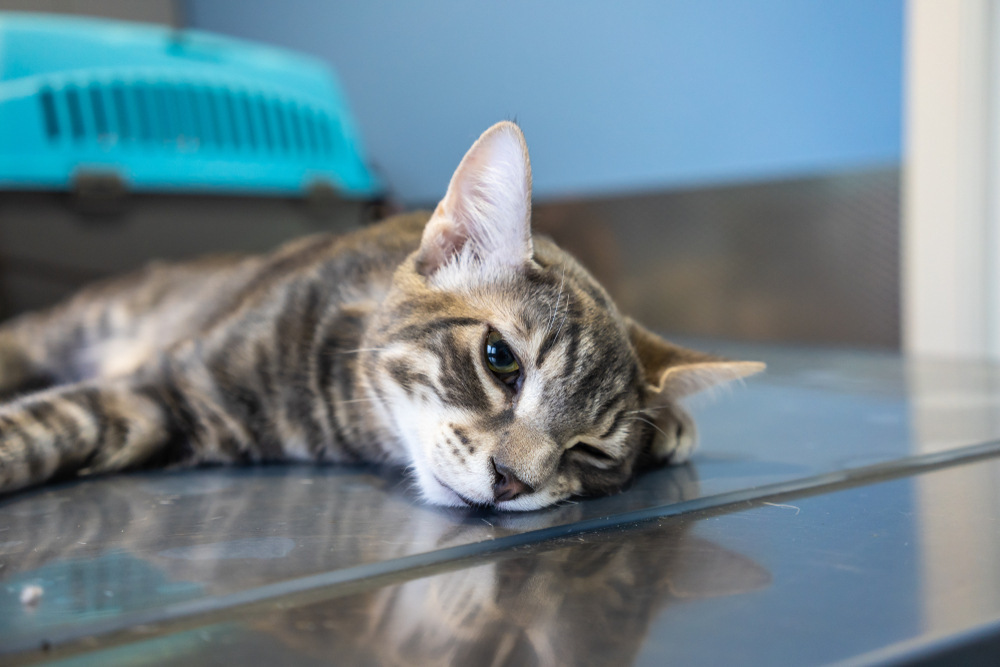
Seizures can vary in appearance from a typical grand mal seizure (your cat is on their side, paddling, shaking, often losing control of their bladder and bowels) to partial seizures (fly-biting, facial twitching, etc.).
Any of the above. Following a seizure your cat may be off balance, lose vision, and have temperament changes.
Always. It’s never normal for a cat to have a seizure. In addition, it’s very rare for a cat to have epilepsy. In other words, seizures are typically caused by some sort of underlying illness in your cat, whether it be kidney disease, thyroid disease, a toxin ingestion, cancer, etc. Therefore, you should always seek veterinary care if your cat has a seizure.
4. Contact With a Lily
Lilies are extremely toxic to cats – every part of the lily plant. If you have a lily in your house and your cat may have come into contact with the plant – even just brushing against it and getting pollen on their fur – you need to take them to a veterinarian.
Potentially nothing at first. But lilies can cause acute kidney failure in your cat. First your cat may act normally. However, as their kidneys worsen, you may notice them drinking and urinating more often, vomiting, or becoming anorexic, lethargic, and weak.
Always. If your cat has had contact with a lily plant, the sooner they are seen and treated, the better. Acute kidney injury from lilies can be successfully treated and cured in cats. However, if left undiagnosed and ultimately untreated for hours to days, the chance of your cat having permanent and/or irreversible kidney damage increases.
5. Trauma
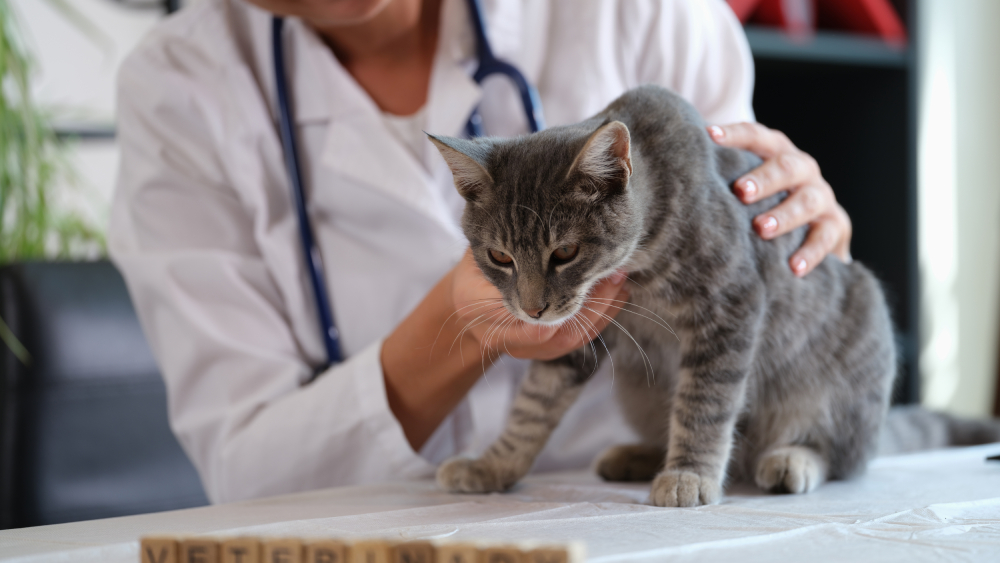
Cats are known for being curious daredevils. Young cats, and cats that spend time outdoors, are often jumping from tall heights, scaling objects and tempting others to play. But with that comes the potential for trauma.
You may physically see your cat fall, jump, limp and/or get into a fight with another animal. If your cat is indoor/outdoor, you may not see the event happen. However, you may notice bleeding, swelling, lethargy, trouble breathing, and/or trouble walking in your cat.
If your cat is outside and you see them acting abnormally, or see an injury on them, you should seek veterinary care immediately. Because you did not see the event happen, the injury may be hours to days old, meaning they may need urgent care. If you see your cat jump, fall, or get into a fight with a housemate, you may not need to panic immediately. Separate them from others in the house and monitor them for a few hours. If they are exhibiting any signs of other things discussed in this article, have an open wound, are unable to walk normally, etc., then you should not wait for your veterinarian to open and you should seek an ER vet.
6. Vomiting and/or Diarrhea for 12 Hours or More
All animals get into things they shouldn’t sometimes. Cats may have a hairball or two that bothers them, or just have one or two episodes of soft stool. Other times GI upset is caused by issues with the kidneys, liver, or gallbladder.
Your cat may vomit food at first, and then as the contents of their stomach continue to be empty, they may just vomit foam and/or stomach bile (yellow liquid). Your cat may experience diarrhea that is persistent and/or worsens to more than just one or two bowel movements, blood in the stool and/or vomit, or a disinterest in food and/or water.
There is no need to panic if your cat just vomits once or has one episode of diarrhea. However, if your cat continues to vomit multiple times, the diarrhea persists for more than one or two bowel movements, and/or your cat is not back to their normal self in less than 12 hours, veterinary care should be pursued. Cats that do not eat regularly are at risk for developing severe, debilitating liver disease. Therefore, waiting is not recommended if your cat is vomiting, anorexic, and otherwise not feeling well.
Conclusion
Cats are masters of disguise. They may have silent and otherwise unknown illnesses and injuries that go unnoticed. However, there are times when cats are trying to tell you that they need help now. If your cat is unable to urinate, is having difficulty breathing, has had a seizure, has come into contact with a lily, has suffered trauma, and/or is having consistent diarrhea and/or vomiting, you should seek emergency medical care for your cat. Some of these conditions can be fatal if left untreated, and/or become much more severe if ignored.
Featured Image Credit: Gorodenkoff, Shutterstock

